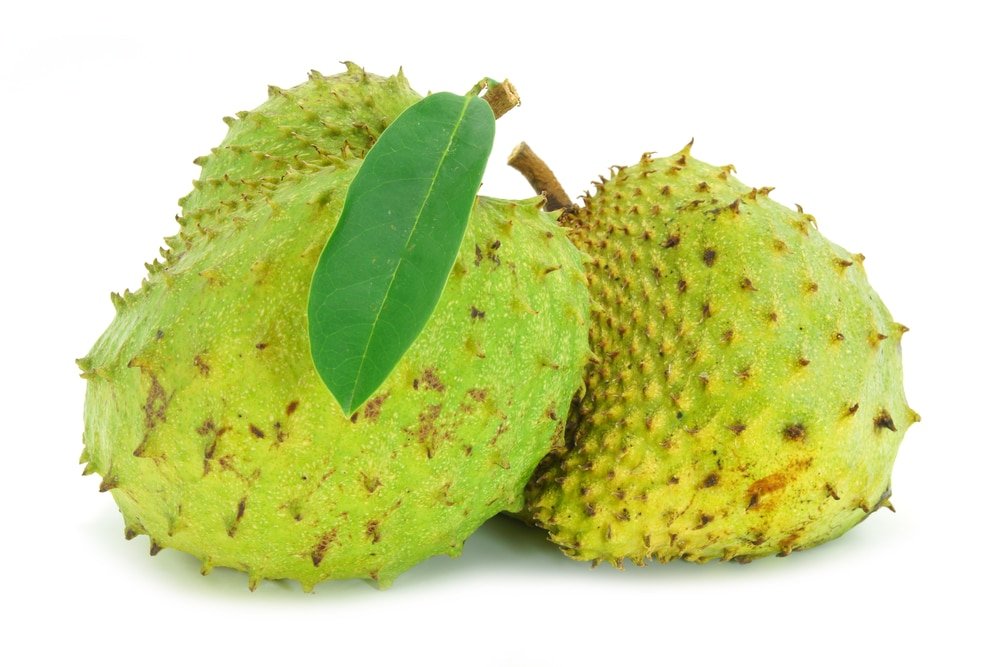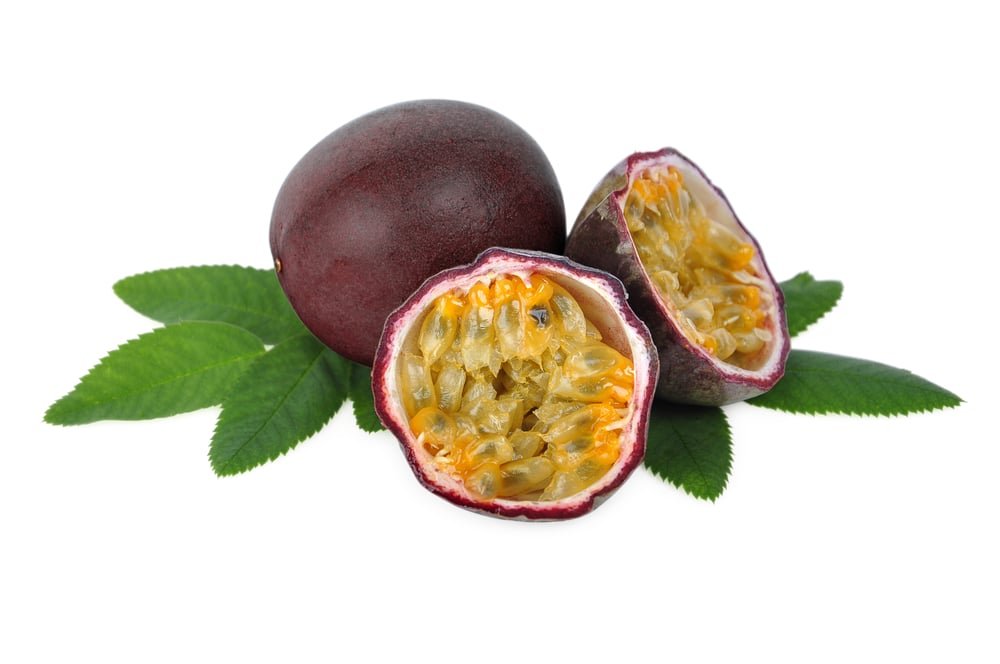Have you ever had lamb before? Many persons have, but may have inadvertently classified it as mutton, even though there are some notable differences.
Most importantly, lamb meat, while still from the domesticated sheep, is obtained from animals 12 months of age and younger, whereas mutton is obtained from older animals.
In addition to this, lamb meat is significantly tenderer, and contains less fat than mutton. Its flavor is also considered to be less distinct, when compared to mutton which has a very characteristic taste.
But what can lamb meat bring to the table that other meats don’t already offer? Read on to find out if it’s worth your time to consume some more lamb meat.
Nutrition Value of Lamb Meat (Per 100g)
Calories-188
Total Fat-7.8g
Protein-28g 55% RDI
Thiamin-0.1mg 9% RDI
Riboflavin-0.4mg 25% RDI
Niacin-6mg 29% RDI
Vitamin B6-0.5mg 23% RDI
Vitamin B1-23mcg 53% RDI
Pantothenic Acid-1mg 10% RDI
Iron-2.5mg 14% RDI
Magnesium-26mg 6% RDI
Phosphorus-237mg 24% RDI
Potassium-354mg 10% RDI
Zinc 5.2mg 35% RDI
Copper-0.2mg 9% RDI
Selenium-10.8mcg 15% RDI
10 Health Benefits of Lamb Meat

1. Helps Support Testosterone Synthesis
Lamb meat is classified as red meat, even though the minute persons here this they tend to run for the hills. What do you understand when you hear the term red meat? For most persons, its meeting is synonymous with fat.
While in theory, this is correct, the true meaning of red meat is that the muscle fibers just contain a greater density of heme iron and zinc. Yes, the animals red meat is obtained from are higher in saturated fat as well (think of beef, pork, mutton and lamb), but on its own this is not that bad.



With regards to testosterone synthesis, the male body needs saturated fat in order to support the synthesis of this hormone, which coupled with zinc and selenium, help to support an ideal environment for increased production.
If you’re an athlete or trying to improve your body composition, the importance of testosterone is paramount to your success.
2. Rich Source Of The Amino Acid Carnosine
Even though our bodies can manufacture carnosine, consumption of external sources of this amino acid are extremely beneficial for the reasons outlined below.
Firstly, carnosine possesses potent anti-atherosclerotic effects, which decreases the deposition of fatty plaques on inside of blood vessel walls. This can help reduce your risk of cardiovascular disease significantly, including heart attacks and stroke.
In addition to this, it also inhibits the formation of advanced glycation end products (AGEs), which are pro-oxidant in nature and increase inflammation within the body. High levels of this compound are believed to lend themselves to development of cancer and premature aging.
3. Supply Complete Proteins
While many animal meats supply complete proteins, lamb meat contains an amino acid profile that is different from many others.
In particular, it is a great source of the amino acid leucine, which supports anabolism, or the repair and regeneration of tissue. The protein obtained is also relatively lean, when compared with other red meats such as mutton or beef.
4. Prevents Or Treats Iron Deficiency Anemia
Lamb meat is an excellent source of heme iron, superior to iron obtained from plant sources (non-heme). Heme iron is absorbed significantly better than non-heme iron, helping to ensure enough of this mineral is available for the synthesis of red blood cells.
As the prevalence of preventable anemia continues to grow, consumption of heme iron from sources such as lamb meat can help you meet your nutritional goals for this mineral.
5. Supports The Body’s Antioxidant System
While consumption of antioxidant rich fruits and vegetables is advised in order to support the process of free radical neutralization, lamb meat can lend a hand in the process, owing to the fact that it naturally contains glutathione.
This compound is referred to as the master antioxidant, being the most potent one naturally produced by your body. And yes, even though our body naturally produces this antioxidant compound, consumption of foods that also contain it are great way to help support natural production.
6. Promotes Endurance And Physical Performance
Even though protein helps to support the growth and recovery of muscle tissue, lamb meat contains more than protein alone. In particular, is the presence of amino acids beta-alanine, precursor of carnosine, and Creatine, well known for decades as a performance enhancer.
Fortifying your diet with these amino acids improves performance, strength output, diminishes fatigue and improves buffering of lactic acid, which is known to cause muscle failure during activity.
This translates to the ability to work out for a longer period of time before fatigue kicks in.
7. Promote Skin Health
While fats in general are important for production of your skin’s lipid cell membrane, the presence of Omega-3s are excellent for preserving the health of your skin, helping to support flexibility, moisture retention and supporting antioxidant function.
The result is diminished visibility of wrinkles and fine lines, and a greater degree of hydration.
8. Supports Immune Health
The presence of zinc in lamb meat goes a far way in supporting immune health, with zinc helping to support many enzymatic reactions that promote destruction of pathogens. Zinc is also well known to assist with healing, and may minimize scar formation in the process.
If you are very active, ensuring you consume additional zinc intake is very important as you lose a significant proportion via sweat.
9. Supports Weight Loss
Another cardinal sin you may have been led to assume is the fact that red meat does not support weight loss. This isn’t true, since lamb meat can help to support weight loss, at least if you consume grass fed lamb meat.
Domesticated sheep raised this manner have a higher degree of a beneficial fat known as conjugated linoleic acid in their muscle, well known to promote the utilization of stored body fat for fuel, and also minimizing the storage of subsequent body fat.
These fats also help to support heart health, and with consistent aerobic exercise, translates to more weight loss.
10. Supports The Health Of The Nervous System
While the nervous system needs a host of nutrients to function efficiently, diets that supply copious amounts of B vitamins, and fats, do the best job of supporting healthy nerve function.
The B vitamins help to encourage nerve transmission and retention of nervous sensitivity, especially important in peripheral nerves such as the feet, which may be subject to circulation issues.
Fat, on the other hand, acts as an insulating sheath around nerve fibers, which prevent electrical signal loss during transmission of stimulus. Think of it like trying to fill a bucket with a hose riddled with holes – the end result is a fraction of what was originally there.
Conclusion
Does lamb meat warrant inclusion in your diet? Definitely. The myth about red meat being bad for you is not necessarily true, as at its core red meat is rich in minerals that support health. The only time red meat should be used cautiously, is if you have pre-existing hypertension, or have issues that require close monitoring of your fat intake.
All in all, lamb meat is nutritionally rich, flavorful and can help make monotonous recipes great again!



Join the 7‑Day “Better Gut” Plan
Pop in your email and we’ll send Lesson 1 + the printable list.







